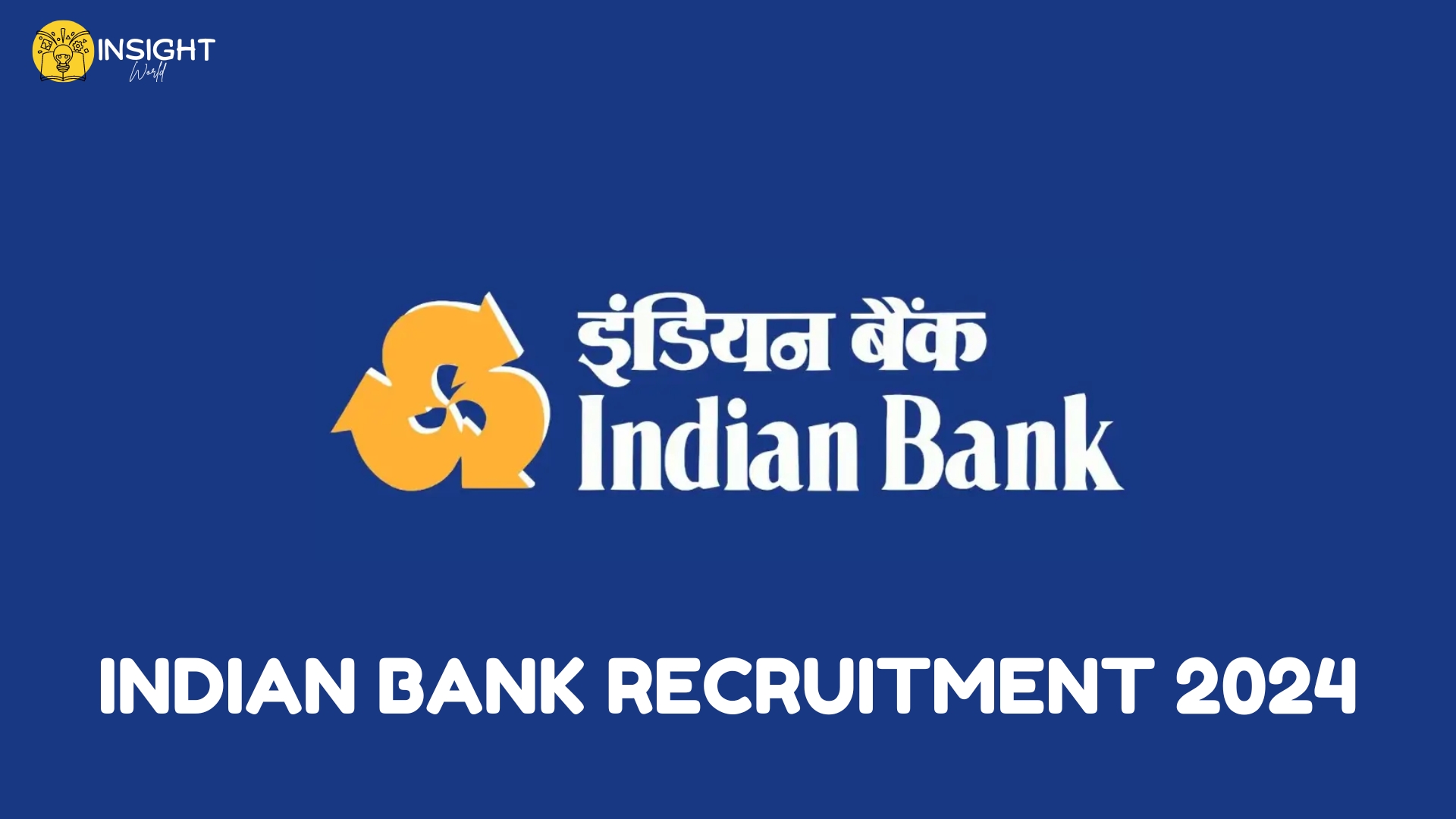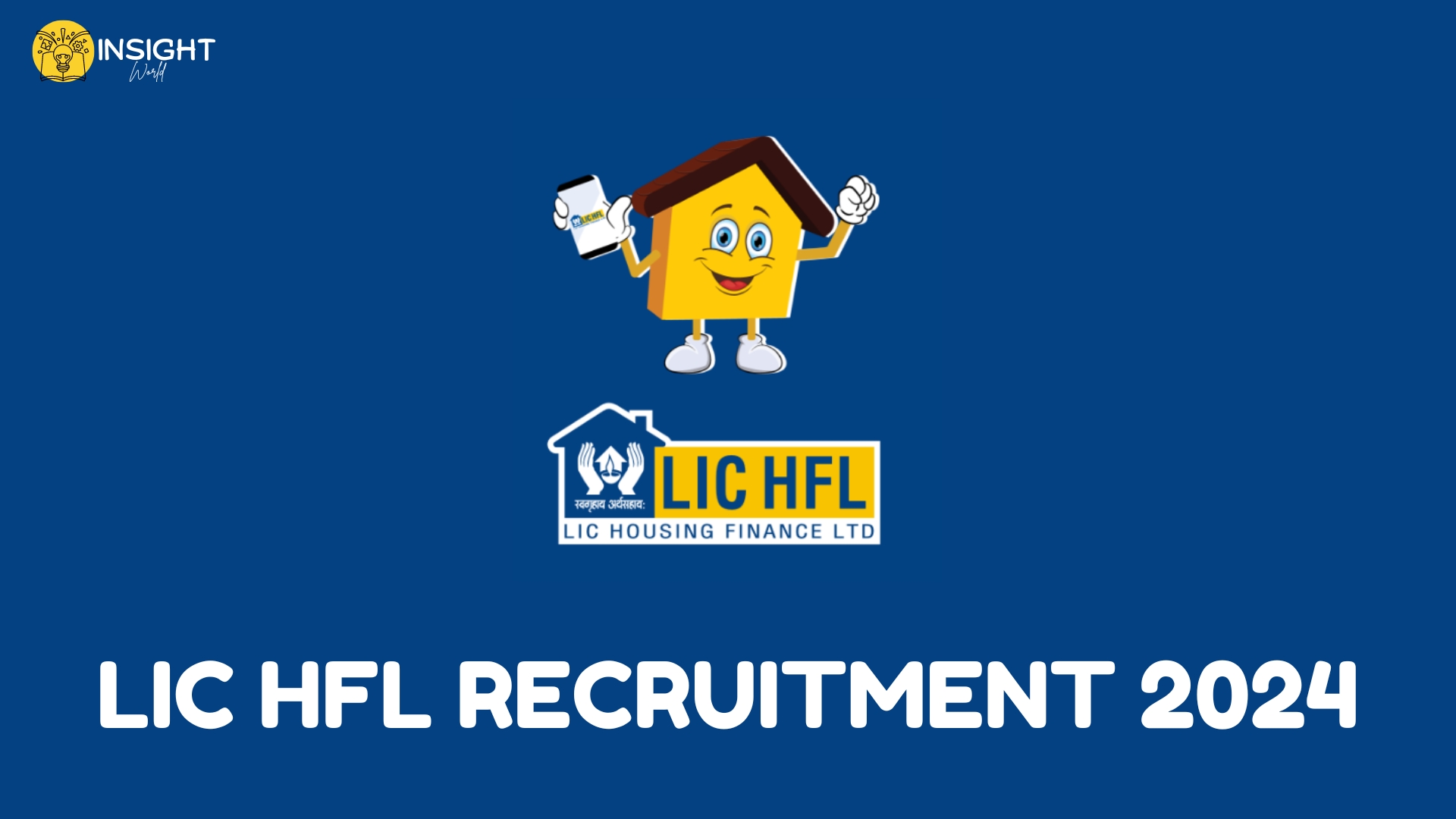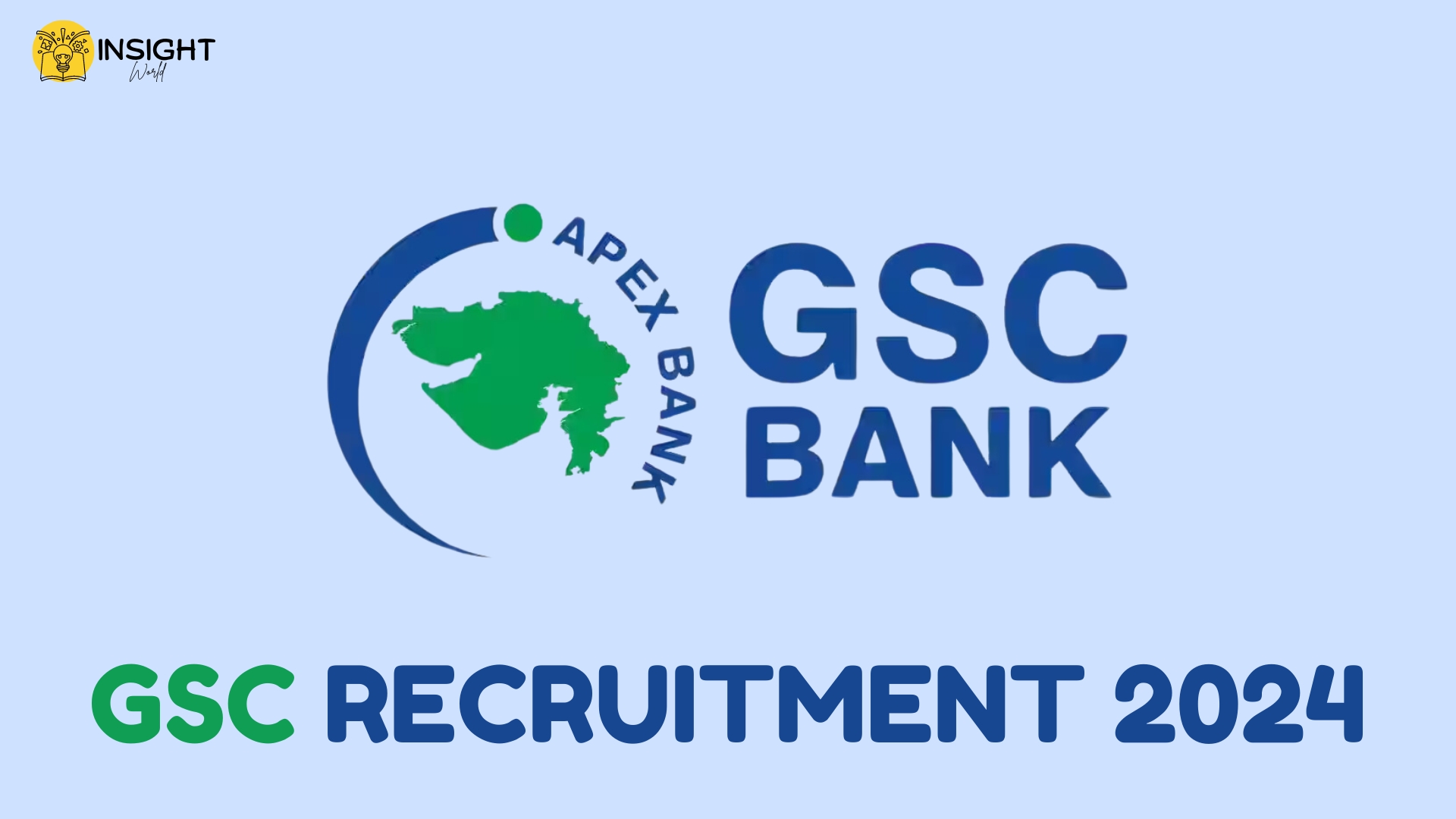In the pursuit of professional excellence, understanding the subtle yet significant Difference between career planning and career development becomes paramount. This two-part series seeks to demystify these concepts, offering a deep dive into each element to empower your career-related decisions.
Table Of Content
- Introduction
- Defining Difference Between Career Planning and Career Development
- Key Difference Between Career Planning and Career Development
- The Importance of Career Planning
- The Significance of Career Development
- How Career Planning and Career Development Intersect
- Strategies for Effective Career Planning and Development
- Real-Life Success Stories
- Conclusion
- FAQs About the Difference Between Career Planning and Career Development
Introduction
Navigating a successful career involves understanding the distinctions between career planning and career development. This guide will clarify these concepts, highlight their differences, and provide insights to help you make informed decisions in your professional journey.
Defining Difference Between Career Planning and Career Development
What Is Career Planning?
Career planning is an intentional, forward-thinking process that individuals undertake to map out their professional journey. It involves introspection, goal-setting, and strategizing to create a well-defined career trajectory. This proactive approach aids individuals in aligning their personal aspirations with professional opportunities.
Career planning is akin to navigating a complex maze with forethought and precision. It is not a one-time event but a cyclical process that needs revisiting at various career milestones. It allows for a dynamic response to changing circumstances, both personal and market-driven, ensuring that career objectives remain relevant and attainable.
The Building Blocks of Career Planning
Self-Assessment: This foundational step demands an honest evaluation of one’s strengths, weaknesses, interests, and values. Tools like personality tests, career assessments, and introspective exercises can facilitate this discovery.
Goal Setting: Career planning hinges on the establishment of clear, realistic, and time-bound goals. These goals act as beacons, guiding individuals through the fog of career uncertainty.
Market Research: Understanding the landscape of one’s chosen field, including job market trends, required qualifications, and growth projections, is crucial in tailoring a career plan that is both ambitious and practical.
Action Planning: This involves breaking down overarching goals into actionable steps, such as acquiring specific skills, gaining relevant experience, or pursuing higher education. It includes timelines and milestones to gauge progress.
The Tangible Outcomes of Career Planning
The fruits of diligent career planning are manifold, offering tangible benefits such as:
Direction: A well-crafted career plan provides a sense of direction, helping individuals avoid aimless drifting in the professional sphere.
Preparedness: It equips professionals with a roadmap, preparing them to capitalize on opportunities and tackle challenges proactively.
Adaptability: Through regular reassessment, career planning fosters adaptability, allowing individuals to pivot in response to new information or evolving career goals.
Resilience: With clear goals in mind, professionals are more resilient, able to recover from setbacks and persist in the face of adversity.
What Is Career Development?
Career development is the all-encompassing progression of an individual’s work-life. It spans the entirety of their professional journey, from entry-level positions to the peaks of their career. It involves acquiring new skills, expanding knowledge, and adapting to the changing landscape of one’s industry.
Career development is not static; it thrives on the dynamic interplay between an individual’s aspirations and the opportunities and challenges that unfold over time. It is responsive to the evolving demands of the workplace and the growth of the individual within their profession.
Key Elements of Career Development
Lifelong Learning: Career development necessitates a commitment to ongoing education, whether through formal degrees, professional certifications, or informal learning avenues such as online courses or industry conferences.
Professional Experiences: Real-world experiences, such as challenging projects, new roles, or cross-functional collaborations, serve as catalysts for growth and skill enhancement.
Adaptability and Flexibility: As industries evolve, so must the professionals within them. Career development involves staying agile, embracing change, and being willing to step out of one’s comfort zone.
Networking and Relationship Building: Building and nurturing professional relationships can open doors to new opportunities, mentorships, and collaborations that drive career advancement.
The Outcomes of Career Development
The journey of career development brings about numerous benefits:
Enhanced Expertise: Continuous learning and experience lead to deepened expertise and recognition as a thought leader in one’s field.
Increased Marketability: A well-developed skill set makes professionals more attractive to potential employers and clients, enhancing their marketability.
Personal Fulfillment: Career development aligns with personal growth, often leading to increased job satisfaction and a sense of personal achievement.
Advancement Opportunities: A commitment to career development positions individuals for promotions, career transitions, and leadership roles.
The Significance of Career Development in Navigating the Professional Labyrinth
In today’s fast-paced and competitive job market, career development is not just a luxury; it is a necessity. It empowers professionals to stay relevant, competitive, and fulfilled in their careers. It is the mechanism by which career planning goals are achieved and surpassed.
Strategies for Nurturing Career Development
To foster a robust career development trajectory, consider these strategies:
Skill Development: Identify and pursue the development of skills that are in high demand within your industry.
Feedback and Self-Reflection: Regularly seek feedback and engage in self-reflection to understand your progress and identify areas for improvement.
Career Advancement Opportunities: Keep an eye out for opportunities within your organization or industry that align with your career development goals.
Personal Branding: Develop a personal brand that reflects your unique skills and professional values, and leverage it to showcase your expertise.
Key Difference Between Career Planning and Career Development
Nature
- Career Planning: A structured process focusing on setting goals and creating a roadmap for the future.
- Career Development: A continuous journey of learning and growth throughout your career.
Time Frame
- Career Planning: Short to medium-term, typically involving setting goals for the next 1 to 5 years.
- Career Development: A long-term approach that spans your entire career.
Focus
- Career Planning: Concentrates on selecting the right career path, defining goals, and creating a plan to achieve them.
- Career Development: Emphasizes skill enhancement, gaining experience, and adapting to changes in your profession.
Outcomes
- Career Planning: Results in a tangible plan with clear goals and steps to achieve them.
- Career Development: Leads to ongoing personal and professional growth, improved skills, and increased expertise.
The Importance of Career Planning
Career planning is crucial for several reasons:
- Goal Clarity: It provides clarity about your career objectives and the path to attain them.
- Resource Allocation: Ensures that you invest your time and resources strategically in your career goals.
- Motivation: A well-structured plan can motivate you to work towards your ambitions.
- Informed Decisions: Equips you with information and insights to make informed career choices.
The Significance of Career Development
Career development plays a critical role in your professional journey:
- Continuous Learning: Encourages ongoing skill development and knowledge acquisition.
- Adaptability: Helps you adapt to changes in your industry and job market.
- Career Satisfaction: Often leads to greater job satisfaction and a sense of fulfillment.
- Career Advancement: Opens doors to new opportunities, promotions, and higher income potential.
How Career Planning and Career Development Intersect
To maximize your career success, it’s essential to understand that career planning and career development are not mutually exclusive but complementary:
- Career planning provides the roadmap and goals.
- Career development supplies the skills, knowledge, and adaptability needed to navigate that roadmap successfully.
Strategies for Effective Career Planning and Development
Career Planning Strategies
- Self-assessment: Evaluate your skills, interests, and values to set clear career goals.
- Goal setting: Establish SMART (Specific, Measurable, Achievable, Relevant, Time-bound) goals.
- Networking: Build professional relationships and seek mentorship.
- Education and Training: Acquire the necessary qualifications and skills.
Career Development Strategies
- Continuous Learning: Stay updated with industry trends through courses, workshops, and conferences.
- Skill Enhancement: Regularly update and expand your skill set.
- Seek Opportunities: Be proactive in seeking opportunities for growth and advancement.
- Mentorship: Find mentors who can guide your career development.
Real-Life Success Stories
Discover inspiring stories of individuals who have effectively navigated their career planning and development:
- Lisa: Through meticulous career planning, Lisa transitioned from an entry-level marketing role to a senior manager position in just five years.
- John: John’s commitment to career development through continuous learning led to him becoming a sought-after expert in the field of artificial intelligence.
- Sarah: Sarah’s ability to align her career planning and development led to her founding a successful startup that revolutionized the healthcare industry.
Conclusion
Understanding the difference between career planning and career development is key to achieving professional success. Career planning sets the direction, while career development equips you with the skills and adaptability needed to navigate your career journey effectively. By integrating both aspects into your professional life, you can unlock your full potential and reach new heights.
Career planning is a critical step in the journey toward professional fulfillment and success. It is a comprehensive process that requires thoughtful consideration and continual refinement. By engaging in robust career planning, individuals set themselves up for a rewarding career path marked by growth, achievement, and satisfaction.
Career development is an organic, continuous process that propels professionals toward their ultimate career aspirations. It is the practical application of career planning, the realization of goals through dedicated effort and strategic action. By embracing the principles of career development, professionals can ensure a dynamic and rewarding career trajectory.
FAQs About the Difference Between Career Planning and Career Development
Yes, they often overlap, with career planning providing the goals and career development offering the means to achieve them.
No, career development is a lifelong process applicable to individuals at all career stages.
It's advisable to review and update them annually or as significant life and career changes occur.
While it can lead to higher earning potential, salary outcomes also depend on factors like experience and industry demand.
Absolutely. A clear career plan can guide your career development efforts and ensure you stay on the right track.
Yes, career counselors, mentors, and online resources can provide valuable guidance and support for both processes.




